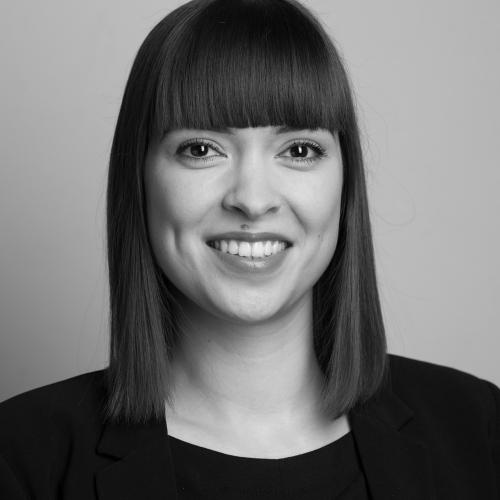Three questions to Atâyi-Babs Opaluwah, CLEW Ambassador for Nigeria and West Africa
Atâyi, what is the most important energy topic or debate in Nigeria and West Africa right now?
I come from the region of Africa where energy poverty is endemic. Africa’s energy poverty, which leaves about 600 million people without access to electricity, and McKinsey’s projected $490 billion in investment needed by 2040 for new generation capacity in Africa, remain totemic challenges facing every stakeholder, including journalists, on the continent.
Closer home, my country, Nigeria, is endowed with abundant renewable energy resources like large hydro (11,250 megawatt) small hydro (3,500 megawatt), solar (3.5 – 7.0 kilowatt-hour/m2/day); an equivalent to 485.1 million megawatt hour per day using 0.1 percent land area), biomass (fuelwood, animal waste, agricultural residues, energy crops), wind (2-4 m/s at 10m height). Others are tidal and ocean waves as well as geothermal.
Despite this wealth of fossil and renewable energy resources, Nigeria still reels under pervasive energy poverty as its per capita electricity use remains very low. Amidst Nigeria’s heavy reliance on its abundant natural resources, petroleum and gas, is an ongoing debate on the imperatives of creating a low carbon energy future that meets the sustainable development needs of all people in Nigeria, West Africa and and indeed the whole of Africa. Nigeria has ratified the Paris Agreement; this is due to recognising that renewable energy reduces dependence on fossil fuels and thus improves security of supply, reduces greenhouse gas emissions, creates environmental benefits while delivering green jobs to the economy. Overall, my country appears stranded between the choice to meet its developmental needs using its limitless dirty energy resources and meeting its pledge to reduce emissions by 65 percent as enshrined its Nationally Determined Contributions (NDCs) to the Paris Agreement.
How do you view your role as CLEW Ambassador?
I view my role as CLEW Ambassador for Nigeria and West Africa as a critical instigator for clean energy transition in the sub-region. Nigeria, with its over 200 million people, holds the key to unlocking West Africa’s full energy potential.
As CLEW Ambassador for Nigeria and West Africa, I intend to use my writing and activities to create awareness of the urgency for good reporting on a low carbon energy future that meets the sustainable development needs of all people in Nigeria and West Africa.
What is your advice for local journalists starting to cover the energy transition - and what guidance would you give an international journalist doing an energy transition story on Nigeria and West Africa?
They should understand first of all the dangers inherent in dirty energy and the imperatives of accelerating the energy transition in our world. With that as a background, they also need the passion and the zeal to surmount every challenge that will come along the path of reporting about the transition.
One critical point to note in covering the energy transition in Nigeria is the government’s apparent reluctance to decentralise energy generation and transmission as well as the continued insistence on on-grid solutions that continue to widen the energy poverty index.
If you are an international journalist doing a story that involves research on energy transition and climate policy in Nigeria and West Africa, you can reach out to Atâyi as a first contact point. Beyond that, our other CLEW Journalism Network members in West Africa might be able to help you out, or be interested in collaborating on an energy transition story with you.
If you are a Nigeria or West Africa-based journalist with an idea for a project on-the-ground, Atâyi is there to connect you with us at CLEW for support.
Should you be looking for expertise in other countries – have a look at the CLEW Journalism Network map!


